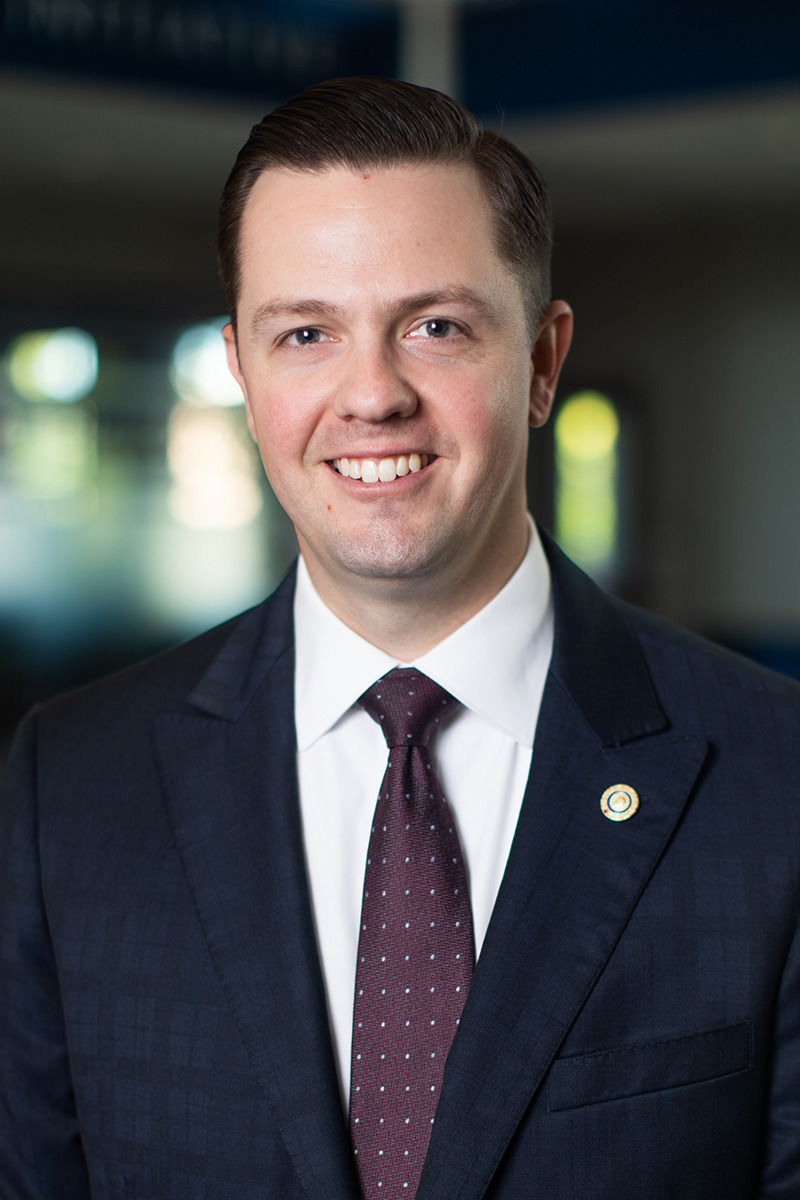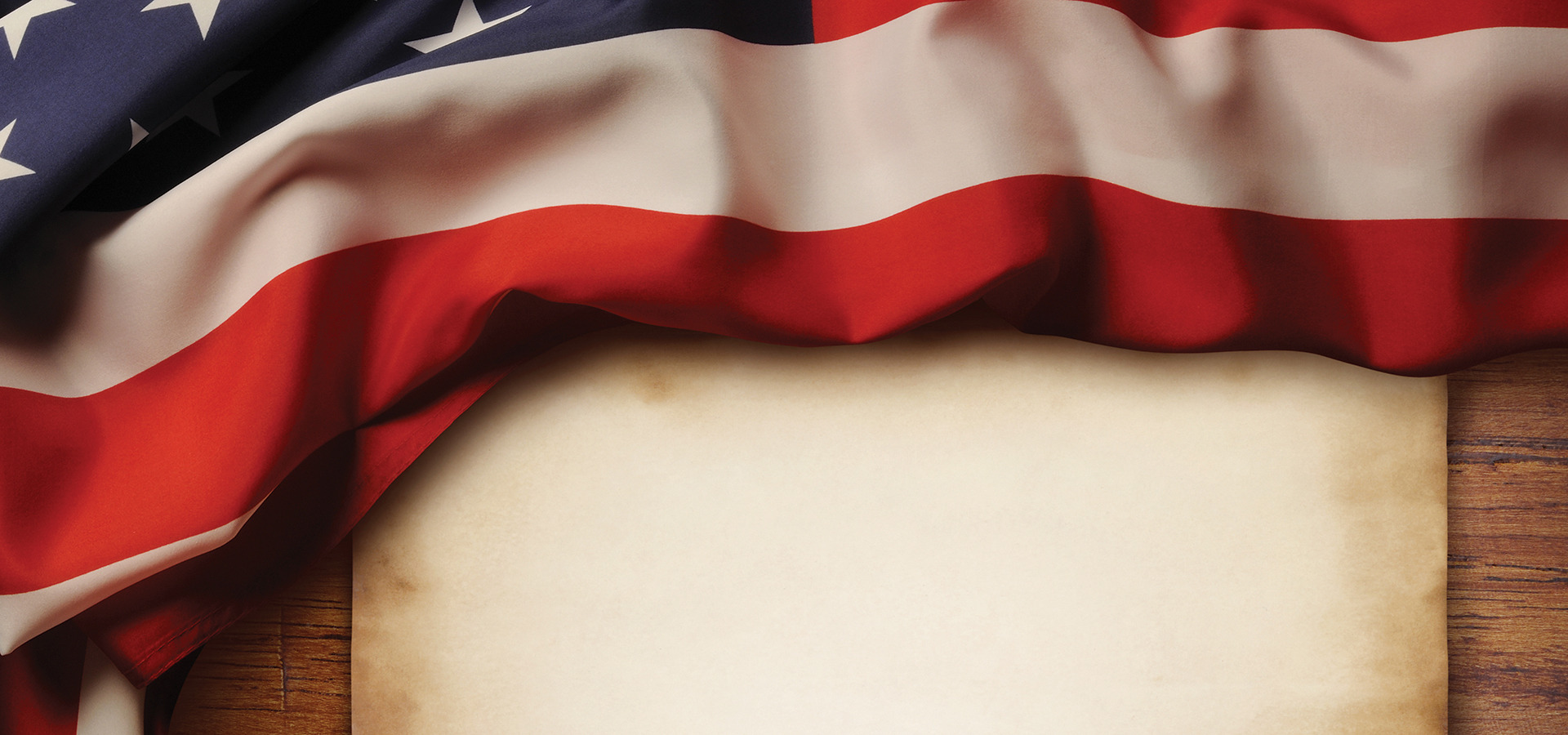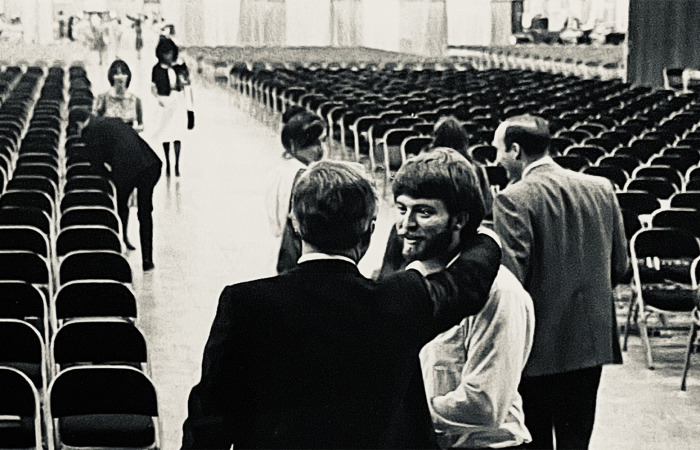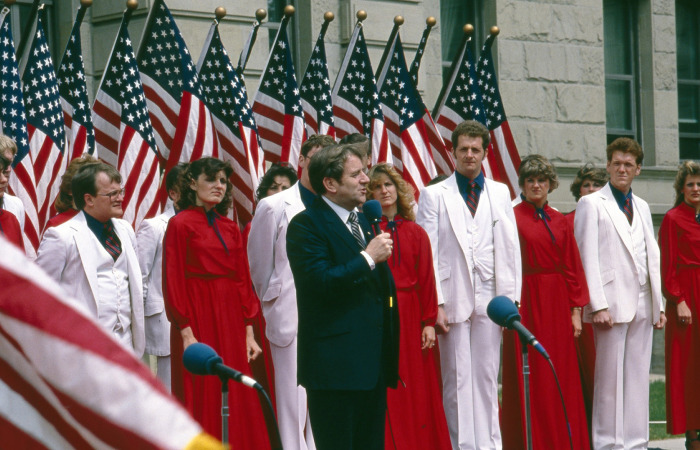Life, Liberty, and … Property?
The American Constitution directly supports the foundation of capitalistic free-enterprise systems. However, innovation asserted through capitalism cannot begin without the centralized keystone vital to its existence: the idea. Where do ideas originate? The great thinkers have offered a combination of answers.
Aristotle asserted that character begins with the individual, countering his teacher Plato’s assertion that all property should be communally owned (i.e., government owned) and stating that communal ownership suppresses the virtue of generosity; citizens who are unable to acquire their own private property will not consciously give of their own.
St. Thomas Aquinas offers us the foundational virtue that consciousness is intertwined with God’s law, which drives reason together with the conscience as a guide for all future actions. He purported that when individuals apply synderesis (an innate understanding of moral principles) and not merely rely on their conscience (which can be fallible) in all areas of their life, the actionable goal is achieved: all actions are based upon God’s moral truth.
The British philosopher John Locke, by the motivation of Justinian the Great, perhaps offers the answer most recognized within American culture. He inadvertently asserts in his “Second Treatise of Government” that all individuals are born having already obtained their greatest property: their person or their mind/consciousness. This makes the egregious institution of slavery in opposition to what Thomas Jefferson called the “Laws of Nature and Nature’s God.” This motivating concept pushed Jefferson to action as a member of the Committee on the Declaration at the Second Continental Congress. He wrote in his preliminary draft that the inalienable rights are “life, liberty, and property.” Benjamin Franklin and John Adams agreed with all but one: property. Jefferson was a slaveowner, Franklin and Adams staunch abolitionists. Therefore, the result was the famous epilogue we all (hopefully) know today: life, liberty, and the pursuit of happiness.
The American Framers acknowledged these great thinkers when drafting the Constitution. However, which of these is, when referencing the Greek, the asphaleia, or the peace and security of our innovative free-market system? Which of these natural rights produced the strongest and wealthiest economy in human history? All.
Unfortunately, our modern society attempts to absolutize all scenarios of life — even a discipline based upon concepts of consumer choice or supply and demand. James Madison, the Father of the Constitution, understood the sentiment intertwined from Jefferson’s Declaration: a system of government must possess institutional protections for citizens to seek their own happiness and, by extension, it must protect a free-market system allowing consumers to choose the product indicative of their livelihood and needs. American historical dominance of the economic realm is based upon these virtues attacked in the modern political sphere: character, generosity, consciousness, and property. A political economy protecting each sphere inherently protects the natural rights bestowed by God.
Are these currently under attack? Are political parties “canceling” the character of individuals and their families, disagreeing with their ideology? If your conscience dictates your future actions within the political or economic realm, are you crucified for your convictions? Has society begun to demonize those deemed with inexcusable amounts of private property? Any of this sound familiar?
The American economy has enjoined and received the blessings of prosperity because the American Framers adhered to the predisposed rights and virtues bestowed by the Almighty. Once society begins attacking the foundational principles protecting the very acts of their attack, the American politic and economy will begin to crumble.
Once the American economy is suffocated from innovating because groups attack the character, morality, and consciousness of their fellow citizens, the simultaneous era will experience moral and economic decay. Every great civilization in history has economically imploded due to the absence of virtue.
Has the decay begun? I argue in the affirmative, but it’s our ensuring responsibility to uphold our republican virtues so eloquently exuded in the economic prosperity earned through the freedoms of this nation.
 Aaron S. Van Allen is Associate Professor of Government in the Helms School of Government. Before teaching, he worked for the people of the Sixth Congressional District of Virginia under U.S. Rep. Ben Cline and U.S. Rep. Bob Goodlatte.
Aaron S. Van Allen is Associate Professor of Government in the Helms School of Government. Before teaching, he worked for the people of the Sixth Congressional District of Virginia under U.S. Rep. Ben Cline and U.S. Rep. Bob Goodlatte.




